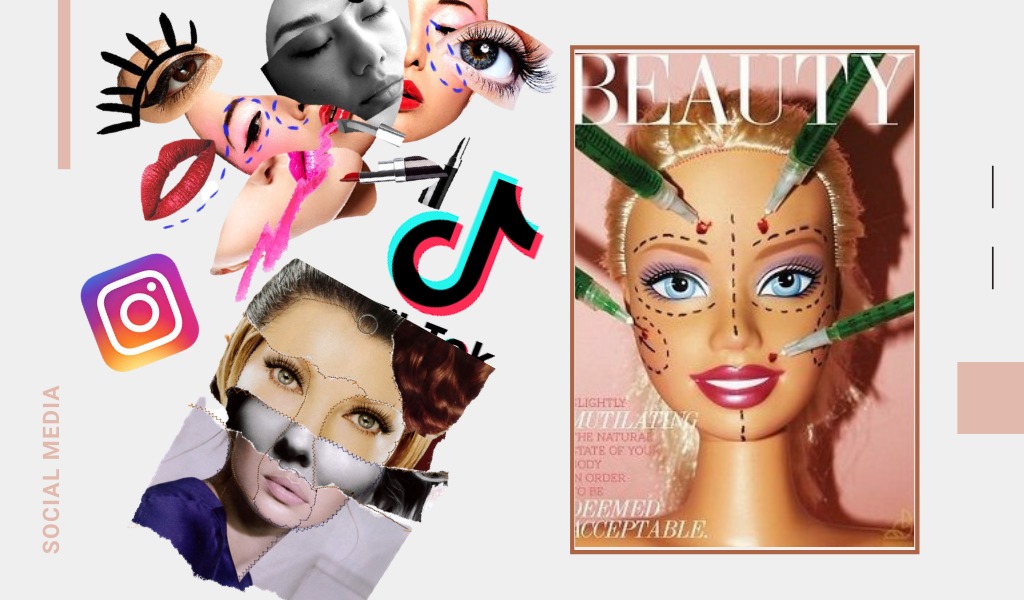Social media has passed the stage of being just a phase a long time ago- it has become a lifestyle. We check our phones first thing in the morning, post small parts of our lives during the day and think about what we saw regarding someone else at night. We tend to think that people are living “the life”, when in essence, they might just be good photographers. The most important thing to think about every time you touch an app’s icon is that these are not true- no one is always happy, good looking, or proud of who they are and the paths that they are taking.
If you search on Google, you’ll see that the most important impacts of social media are identity theft, cyberbullying and stalking. As fun as you may think it is at the beginning, the fact that you search on every social platform to see if that person is single or what kind of music they like, this type of things get deeper once you post a photo and you get rude comments or DMs about the way you look, the way the photo was taken and many more. Cyberbullying is a type of bullying that occurs through digital devices or apps- a phenomenon that started becoming more common once social media gained popularity. The first case brought to court was the case of a 13 old girl who committed suicide in 2007 after someone created a fake social account to harass her. The country that confronts this the most is Sweden- the same country in the 7th place in the world’s happiest countries. It is a paradox, yes, but then we remember the changes we go through in our youth years and the type of person we become in only a few years- hopefully, one that loves themselves, as well as everything around them or one that at least tries to change their own world into a better one every day.
The fact that we are usually protected by a username gives us more confidence in doing mean things that we know we wouldn’t choose to do in real life. Apps like Tellonym have been a territory of cyber-bullying for a few years now- from getting the app out of curiosity or boredom to being harassed, bullied, or even threatened, children have been “attracted” to these types of apps thinking that they could answer to questions people wouldn’t ask out of shyness- but most of the times they ended up crying or getting into fights with everyone around them because they thought there was something wrong with themselves.
Now, if you don’t understand what cyberbullying has to do with “the intangible standards of beauty” and start believing that it was clickbait, find out that most of the cases that are reported are either about the way a person looks, their entourage, or their sexuality- technically, anything that doesn’t fit into a pattern we learnt that was “normal” as we grew up. The worst thing that could happen to the society we live and we grew up in is that we would choose to judge a person because of something that they don’t have control over rather than trying to understand them and their choices. People are beautiful if you let yourself see that, instead of trying to fit them into a box and label it. Think about the way the world would look like and would be if there weren’t such words as “fat”, “ugly” or “perfect”. Why is “perfect” in that list? Because when we think about it we have an image that is toxic mostly because someone’s idea of perfect is someone else’s not enough and so on. Social media influences this by encouraging us to follow strangers just because their life seems interesting. We all have heard about influencers- from lifestyle, to traveling and to beauty. Even if they promote tips on make-up, skincare or hair care, the most important thing is that they are beautiful and we can’t lie about that- but when you try those and don’t end up looking as good as them you get demoralized and once again your self-esteem gets lower.
How can we stop getting affected by all these things? First of all, even if it sounds like cliché, limit your screen time. Scientists advise you to spend about 30 minutes daily on this kind of platform, and this way, you can spend the rest of your screen time actually socializing or learning things you are passionate about. Next, it is very important that you are careful about what kinds of accounts you follow and how they impact not only your mood, but the quality of the content you see and how that changes you as a person.
Social media can change who you are, from becoming more confident, to feeling happy or greatful about eveything around you or learning new things. It is all about what you choose to see and the way you take in the information you receive, along with the type of posts you allow yourself to see.
Editor: Copăcel Andreea
Grafician: Axinia Daria
